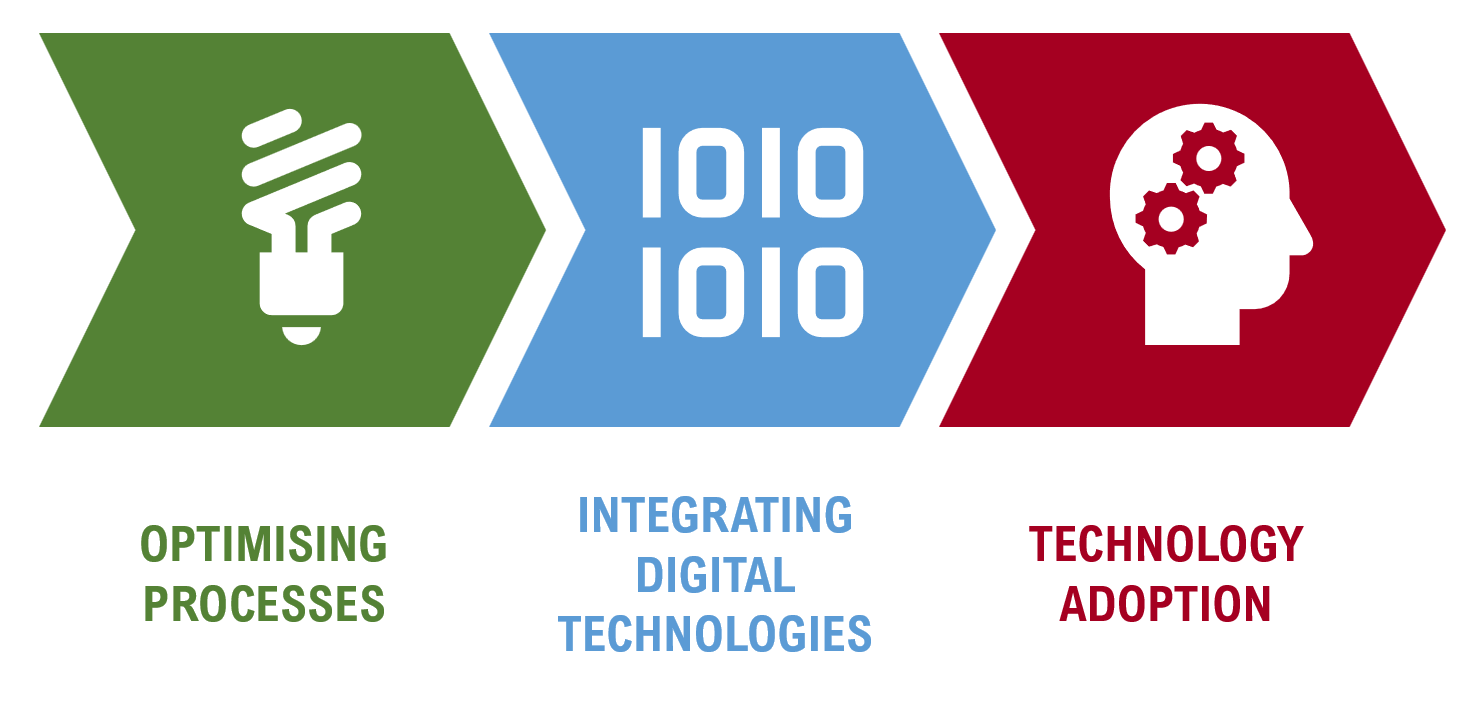
The food manufacturing industry faces multiple significant challenges that could be better optimised: they have resource-intensive processes, high waste generation, supply-chain inefficiencies, limited traceability, overprocessing and overpackaging, and high-environmental impacts.
There are an increasing number of AI and AI-based solutions being developed that can help drive transformation in food manufacturing, and address the challenges of the industry. AI leverages predictive analytics, real-time monitoring and computer vision in order to streamline workflows, minimise environmental footprints, and to ensure product consistency. Indeed, several case studies have shown how the use of AI models can optimise processes which, in turn, increase energy efficiency.
However, there still remain barriers to the adoption of AI in the food manufacturing industry. AI models require large and high-quality datasets to be optimised. The resources necessary to deploy AI models are often inaccessible to small and medium enterprises. Beyond these infrastructure limitations and economic constraints, the adoption of AI models poses ethical concerns. Indeed, integration of AI, no matter the context or industry, poses challenges in data privacy and security. Systems which employ AI collect and analyse large quantities of data – including sensitive data such as proprietary business information, or consumer-related data. Ethical considerations therefore arise regarding the security of data storage, its accessibility and use. Lack of frameworks for governance of said data pose further risks; the WHO has therefore proposed a framework as guidance on these ethical considerations for AI, outlining six core principles: autonomy, human wellbeing, transparency and explainability, responsibility and accountability, inclusiveness and equity, and responsive and sustainable systems.
Cross-section collaborations amongst industry stakeholders, as well as policymakers and technology developers, will be necessary in order to harness the potential of AI towards building more resilient and sustainable food manufacturing ecosystems.

